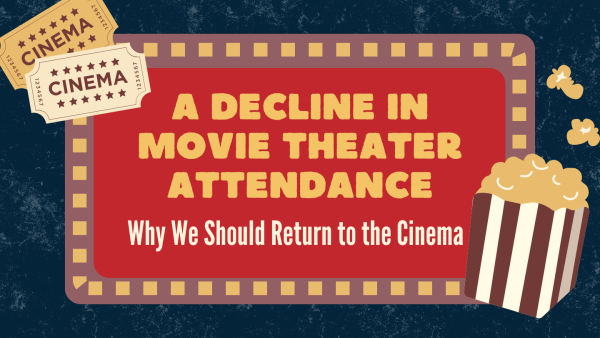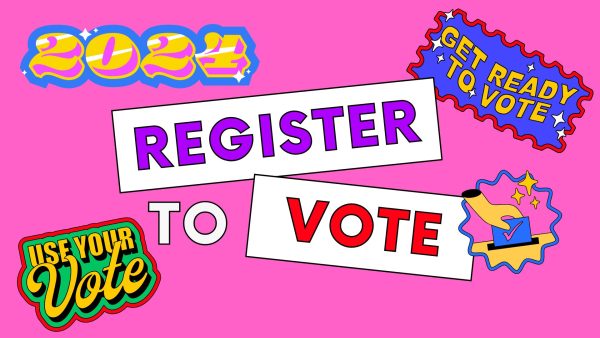Should Affirmative Action Be Continued?

Photo by Anson Zhou
Is affirmative action a fair college admissions practice?
Harvard University and Yale University are perhaps some of the most prestigious universities in the world, considered by many high school students as the pinnacle of academic achievement. With its gothic halls filled to the brim with the greatest scientific minds and literary geniuses, it is not unusual for the media to be filled with news of their most recent achievements.
But in recent months, the news has taken quite the turn towards criticisms of their admissions policies.
In 2016, the Supreme Court ruled that while quotas were illegal in college admissions, the consideration of race as factor amongst many was legal. This came out of a lawsuit by a woman named Abigail Fisher who claimed that the University of Texas denied her due to discrimination because of her race.
Despite the ruling, many individuals have continued to call this race-conscious admissions approach racist and unfair, leading to the current lawsuit against Harvard University by an organization call Students for Fair Admissions (SFFA). After the Department of Justice forced Harvard to release thousands of admissions records, lawyers for the SFFA believe that they have found sufficient evidence.
Different from the 2016 lawsuit, this suit focuses on Asian-Americans, a group often considered a “model minority” because of their high average salaries and rates of education. The suit essentially states that Asian Americans are being held to higher standards in the admission process.
At Harvard, the admissions officers generate what is called a personality score for each applicant based on essays, teacher recommendations, and interviews. The lawyers claim that admissions officers often give White students a higher personality score as opposed to Asians insinuating that Asians tend to have “worse” personalities.
Perhaps this may be the case, but evidence has shown that in spite of this, Asian and White high personality rating percentages are not statistically different in the eyes of alumni interviewers – which begs the question: are Asians being discriminated against?
For me, the answer is yes. But I don’t believe that is the real argument. The real argument is whether or not it is justified.
Today, affirmative action significantly benefits groups such as African-Americans and Hispanics, who are generally held to somewhat lower standards to gain admissions. Colleges recognize that because of their race/ethnicity, they may have faced certain hardships or lack of opportunities and these policies are meant to help them rise above their circumstances.
Despite the obvious benefits to certain groups, it is unfair to push off Asian-Americans who work just as hard, obtain the same achievements, and face unique social issues of their own.
At elite universities currently, Asian-Americans make up approximately 20% of the spots as compared to making up approximately 5% of the U.S. population. This would make them 4 times overrepresented which somewhat diverges from the argument that discrimination exists.
However, if you view elite universities such as UCLA, UC Berkeley, and California Institute of Technology, where affirmative action policies are not utilized, the Asian population goes up to as much as 40%.
Living in a world where racism has not been solved, it is necessary to have programs to bring equal opportunity for all groups. However, it is unfair to give special benefits to someone based on the color of their skin. Rather, the focus should be shifted to creating more preparatory programs in underserved communities.
In such underserved populations, the schools receive less funding and less extracurricular activities are available to take. If efforts were focused on bettering the quality of the applicant pool instead of lowering admissions qualifications, the argument of unfairness would be diminished and underrepresented minorities would not have to feel that their accomplishments are shadowed by preferential treatment.
Is the admissions process a flawed one? Possibly. But this is the reason we have a legal system to enact change. Affirmative action may not be the right answer and given the conservative lean of the current Supreme Court, many believe that affirmative action may be put away in the next few years.
Regardless of the decision, it is important to recognize that inequality does exist. While preferential treatment is inherently wrong, supplementary programs would undoubtedly benefit those who need it.






